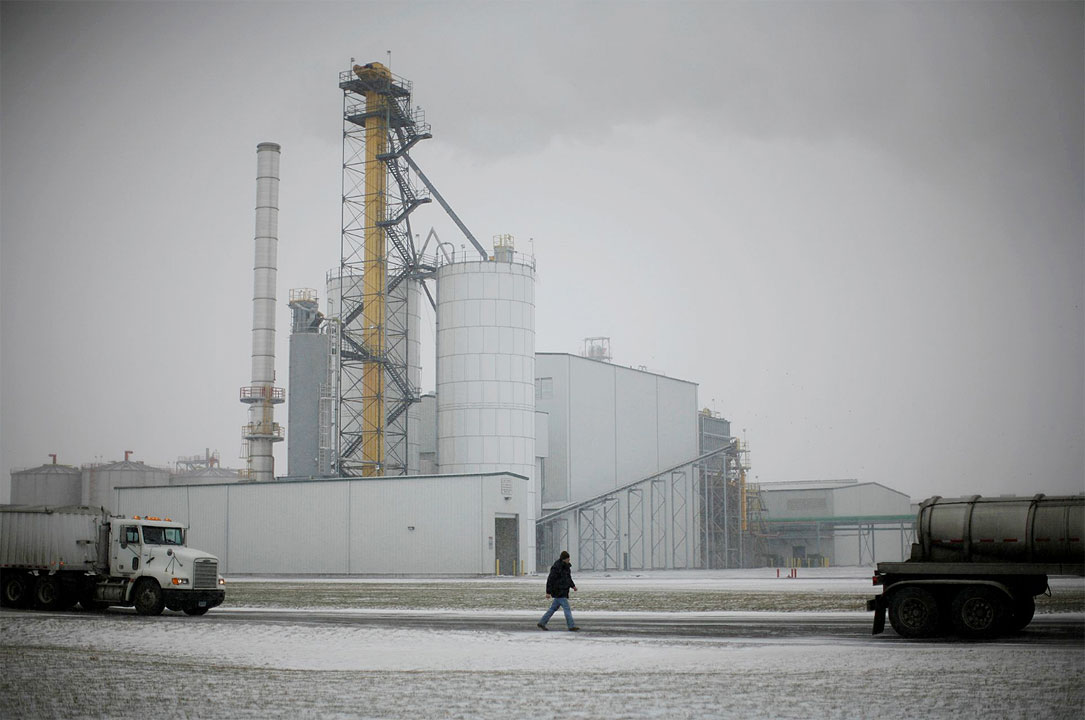By Marielle C. Lucenio
THE International Energy Agency (IEA) said the Philippines is expected to become a top five importer of biofuels by 2026.
“The Philippines joins the top five import list as a stable ethanol blending requirement, increasing gasoline demand and a historically high import ratio lead to growing imports,” the IEA said in an analysis, specifically referring to bioethanol used in gasoline called E10, referring to a 10% level of fuel supplementation.
In the IEA’s Renewables 2021 report, the agency also forecast wider deployment of renewable energy in electricity, transport and heating to 2026.
“The statement that the Philippines will be one of the top ethanol importers for bioethanol is valid because local sugar cane production is shrinking,” Asian Institute of Petroleum Studies former Managing Director Rafael S. Diaz Jr., told BusinessWorld in a Viber message.
Sugarcane is the source of domestic ethanol and is “shrinking” in output, according to the US Department of Agriculture (USDA). Early this year, the USDA reported that the country’s output for the current crop year beginning in September may only hit 2.14 million metric tons (MT), down from the previous year’s 2.15 million MT.
Asked whether expanding imports would violate the Biofuels law, Mr. Diaz said the law stipulates the use of “indigenous” sources of ethanol.
The Biofuels Act of 2006, or Republic Act 9367, aims to reduce dependence on imported fuels and bars the import of biofuels.
“However, the need to import due to short supply of indigenous ethanol has been approved by the Department of Energy (DoE). Surely, the import approval is meant to attain the purpose of reducing dependence on the use of fossil gasoline, and produce cleaner air for public health wellness,” Mr. Diaz said.
Federation of Philippine Industries (FPI) Chairman Jesus L. Arranza said he “cannot believe” the Philippines will have to reach that level of dependency on imports when it has its own biofuel and can tap other sources.
The FPI recently proposed to the DoE the usage of palm oil in the fuel mix to help bring down prices.
The DoE said it will be studying the proposal thoroughly given the import prohibition.
“We can come up with our own alternative biofuel and we do not have to reach that stage,” he told BusinessWorld in a phone call.
Mr. Arranza said the study should spur legislators into action on looming biofuel imports is because of the impact of such a measure on transportation to farmers.
Mr. Diaz said the move towards expanding the use of renewable energy will be “more aggressive (due to the importance of reducing) dependence on fossil fuel” in the next few years.
